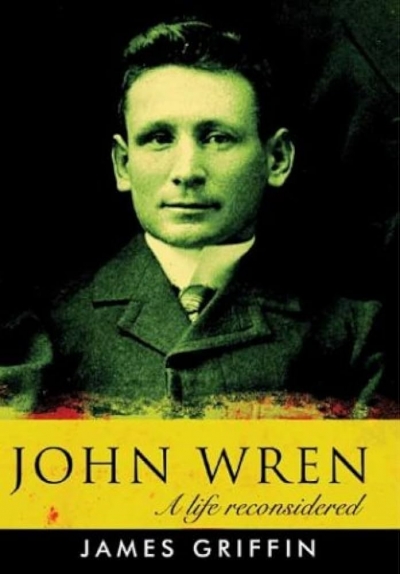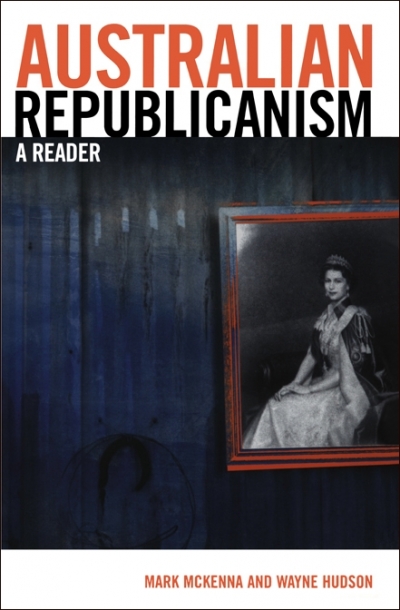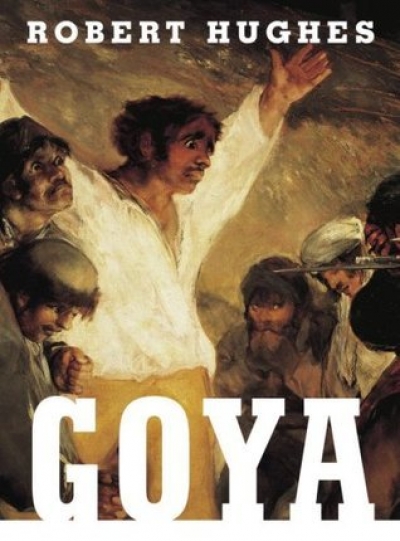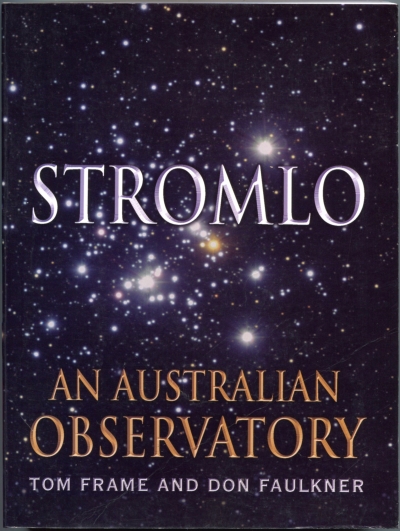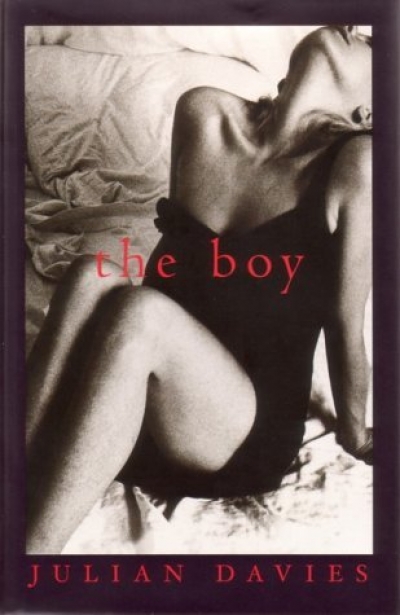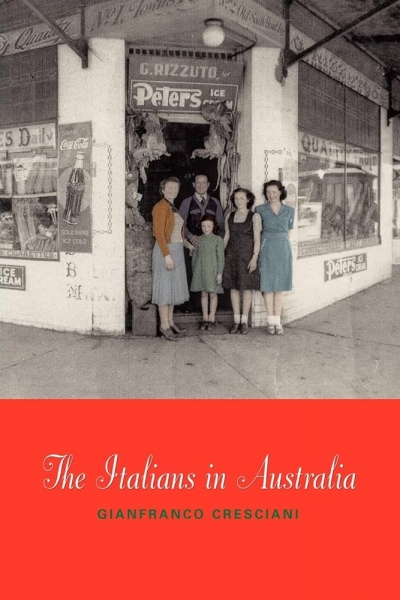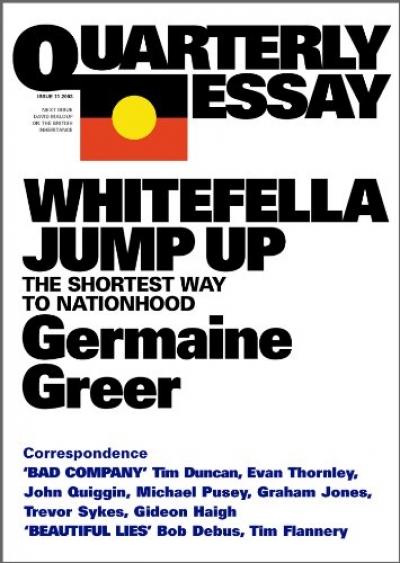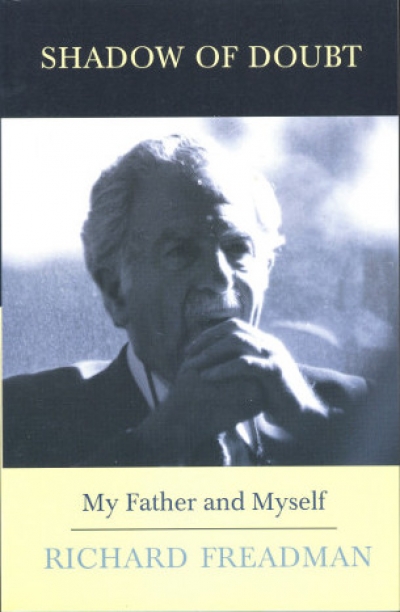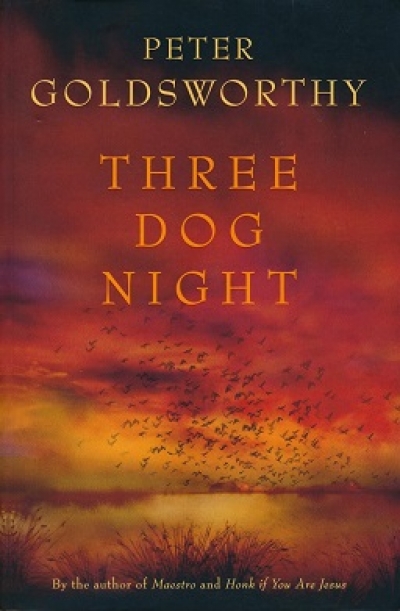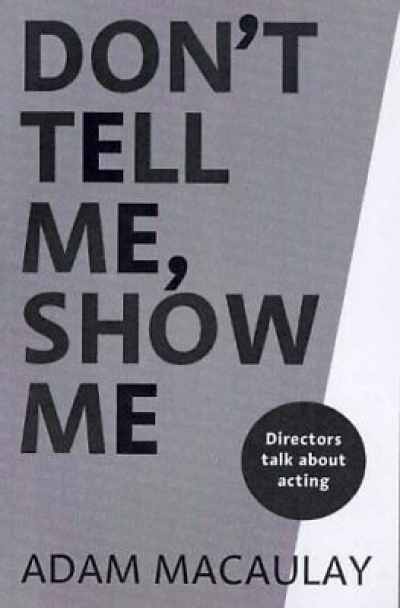Review
Australian Republicanism: A reader by Mark McKenna and Wayne Hudson
by Guy Rundle •
Stromlo: An Australian observatory by Tom Frame and Don Faulkner
by Robyn Williams •
The Italians in Australia by Gianfranco Cresciani
by Loretta Baldassar •
Whitefella Jump Up by Germaine Greer & Made In England by David Malouf
by Morag Fraser •
Shadow of Doubt: My Father and Myself by Richard Freadman
by Peter Rose •
Don’t Tell Me, Show Me: Directors talk about acting by Adam Macaulay
by John Rickard •

